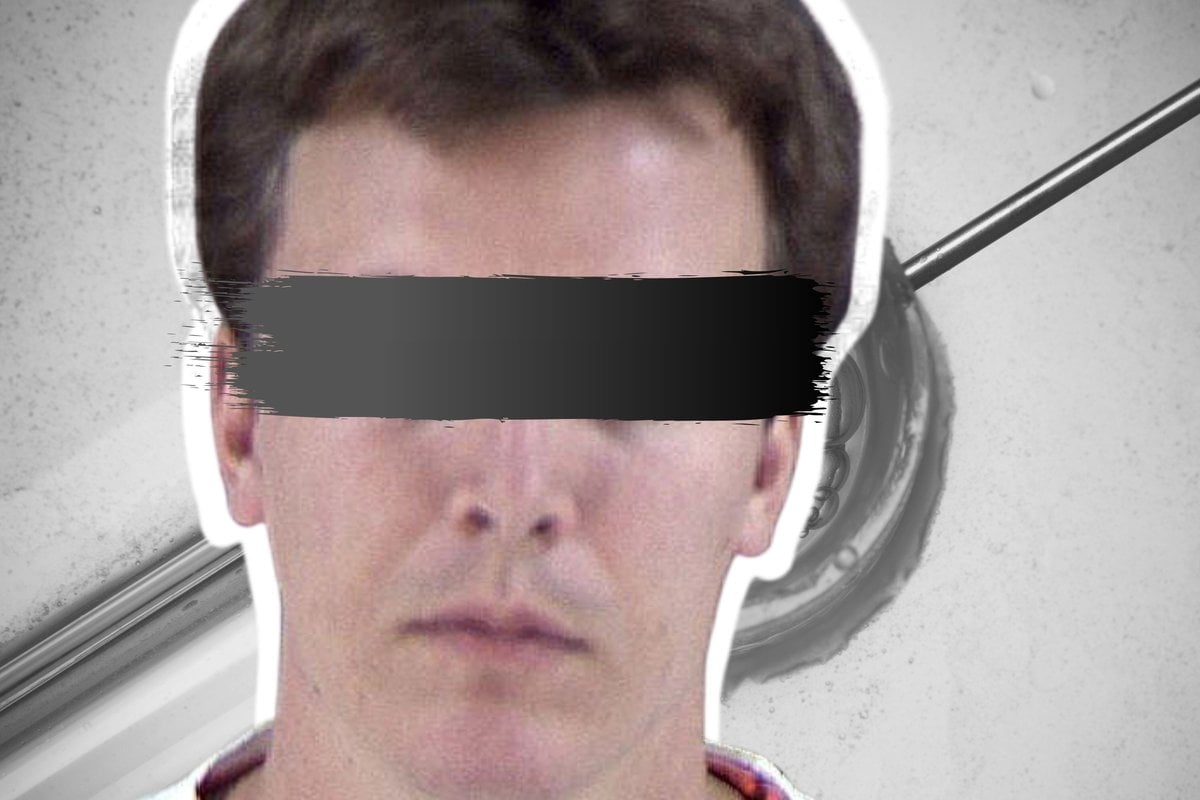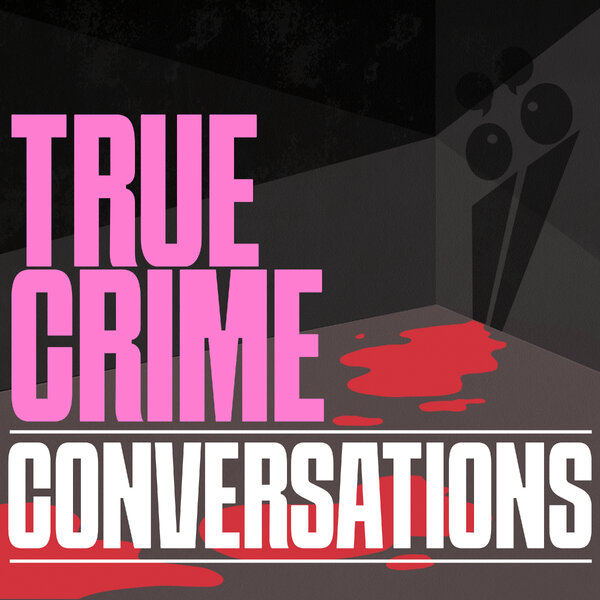
Until the age of 15, Alex N. knew his father by a list of characteristics and achievements.
6ft 4in tall. An IQ of 160 — the threshold for genius status. A master’s degree in artificial intelligence and plans to pursue a PhD in neuroscience engineering. Fluency in five languages. Proficiency in drumming.
That was all that Atlanta sperm bank, Xytex, could tell Alex about the stranger who'd helped his mothers bring him into the world, the stranger who made up one half of his biology.
Just that list, and a number: Donor 9623.
Three years ago, curious to learn more, the teenager entered the number and 'Xytex' into Google. Just in case.
There was his donor father's face and name littered throughout news articles about one of the biggest scandals in the history of assisted reproduction.
"Sickness, helplessness. This is who I selected to create a human with."
When Chris Aggeles filled out a Xytex donor registration form in 2000, he gave details about his appearance, hobbies, achievements, his criminal and medical history — both of which he declared to be clean, beyond his father's colour blindness.
Though donation is anonymous by default, he also ticked that he was open to being contacted by any future donor children.
From then on, he began donating regularly as 'Donor 9623', and earned as much as US$370 per vial, according to Atlanta Magazine. (Unlike Australia where donations must be altruistic, US donors are paid for their samples.)
In a bonus audio interview published on his Xytex profile and available for prospective donors to purchase, he said that while, at first, money was part of what attracted him to sperm donation, it wasn't his primary motivator.






























































































